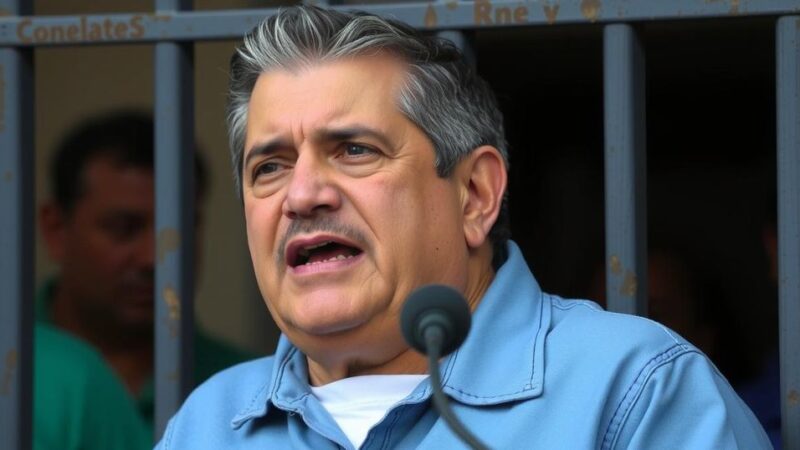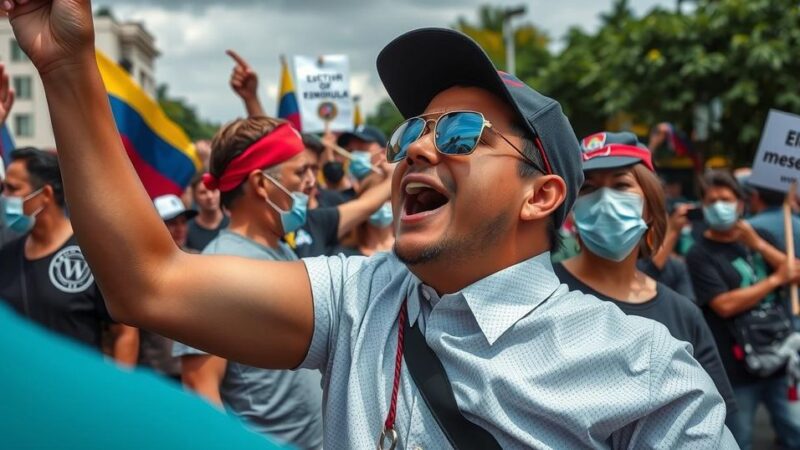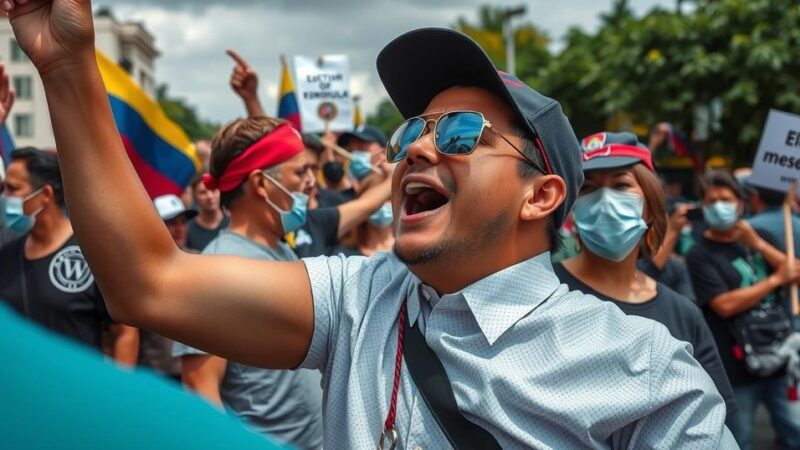The 2024 elections approach amidst heightened concerns regarding election integrity and efforts to overturn results, as demonstrated by Trump’s past actions. State officials, including secretaries of state and governors from both parties, are resolute in their commitment to uphold electoral laws and certify results, indicating that attempts to manipulate outcomes may not succeed as they did in 2020. Legal mandates and the political landscape suggest increasing resistance to any undue influence over voting processes.
In the wake of the 2020 presidential election, wherein Donald Trump narrowly lost in Georgia by approximately 12,000 votes, the landscape surrounding election integrity has dramatically evolved. Trump’s requests to state officials for assistance in overturning the election results, particularly his infamous plea to Secretary of State Brad Raffensperger to ‘find 11,780 votes,’ were met with substantial resistance from Republican leaders, including Governor Brian Kemp. As the nation approaches the November 5 elections, Trump has been vocal about his unsubstantiated claims regarding alleged Democratic electoral fraud, setting the stage for potential challenges should he lose again. Significantly, seasoned election officials across various states have signaled their unwavering commitment to upholding the integrity of the electoral process, irrespective of external pressures. Officials like Pennsylvania Secretary of State Al Schmidt and North Carolina’s Karen Brinson Bell firmly assert their resolve: “Anyone involved in elections is pursuing their responsibilities professionally, and no amount of pressure or coercion would interfere in that in any way.” This consensus extends to Republican governors in crucial swing states, such as New Hampshire and Virginia, who have expressed their intent to certify election results without bias. The statutory framework guiding this process is well-defined. Federal law obligates governors to execute certificates of ascertainment that initiate the Electoral College proceedings. Given the current political landscape, wherein Democrats occupy crucial governorships in several swing states, it appears that attempts to reverse electoral outcomes will encounter formidable barriers. Trump’s previous tactics are unlikely to yield similar results in the upcoming elections due to regulated procedures and the heightened awareness of potential electoral manipulations. The top electoral officials in key battlegrounds, including Arizona and Michigan, are predominately Democrats, with significant resistance anticipated from Republican secretaries, who have previously demonstrated their commitment to electoral integrity under political duress. As such, while the prospect of pressure exists, it is unlikely to succeed in derailing the certification of election results.
The discourse surrounding election integrity has garnered immense attention following the contentious events of the 2020 presidential election. Donald Trump’s loss in Georgia and his subsequent attempts to influence state officials to overturn this result serve as a critical backdrop to understanding current electoral dynamics. These attempts raised profound questions regarding the integrity of the electoral process and the responsibilities of elected officials in the face of political pressure. As the 2024 presidential election approaches, state and local election officials are better prepared for potential challenges and interference, fortified by lessons learned from the 2020 election. The legal and procedural frameworks that govern the electoral process remain crucial for maintaining democratic integrity, with governors and secretaries of state playing pivotal roles in certifying election results. This landscape is further complicated by the political affiliations of state leaders and the changing dynamics of power in swing states. Moreover, the Supreme Court’s decisions limiting state legislatures’ authority in matters of federal elections contribute to a landscape where attempts to manipulate election outcomes face increasing resistance from the very officials entrusted with administering the electoral process.
In summary, the resilience demonstrated by election officials in the face of external pressures highlights a commitment to preserving the integrity of the electoral process. As the nation prepares for the upcoming elections, it is increasingly evident that attempts to manipulate or overturn results, akin to those witnessed in the previous election cycle, are likely to be met with staunch opposition from both elected officials and existing legal frameworks. The assurance that officials will fulfill their roles without succumbing to intimidation is vital in reinforcing public confidence in the democratic process.
Original Source: www.usatoday.com







